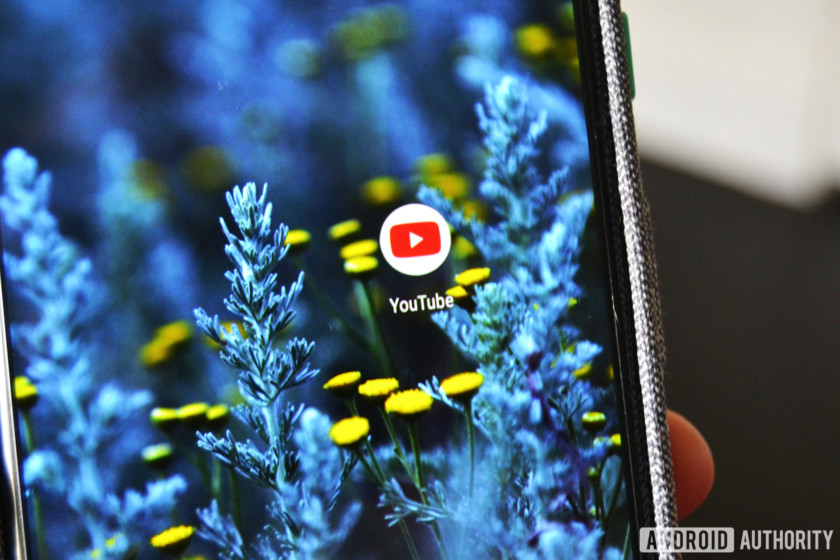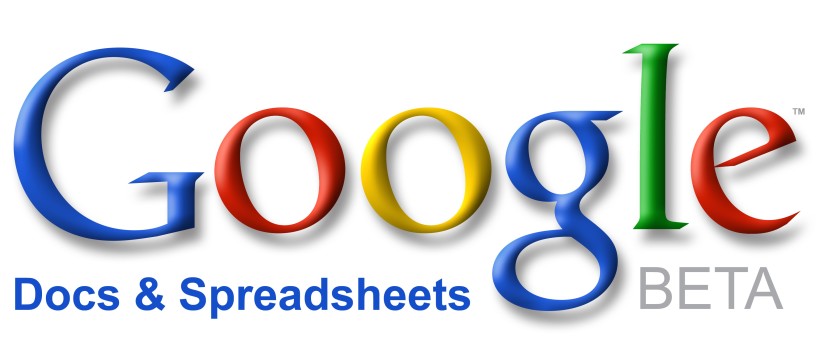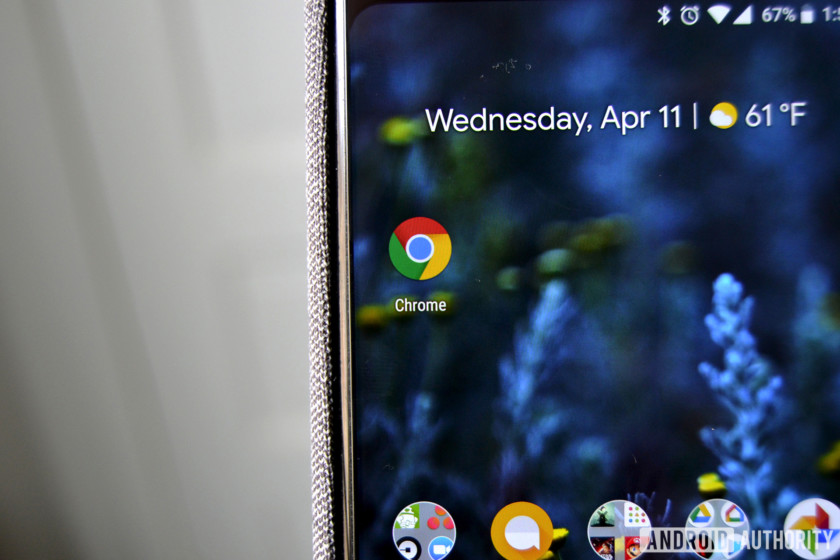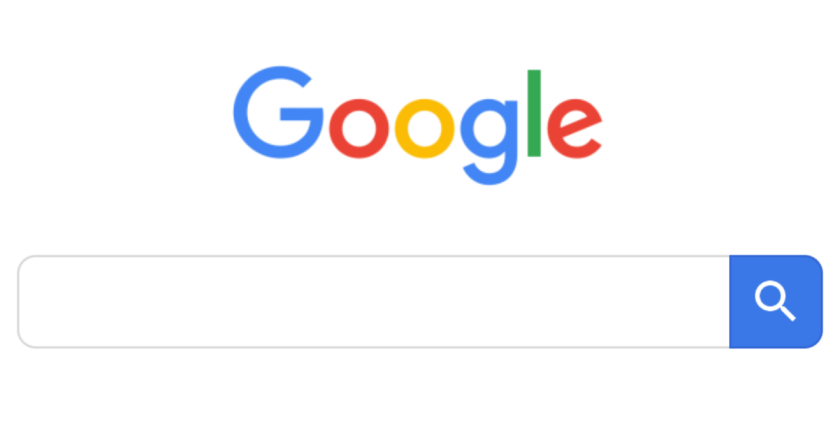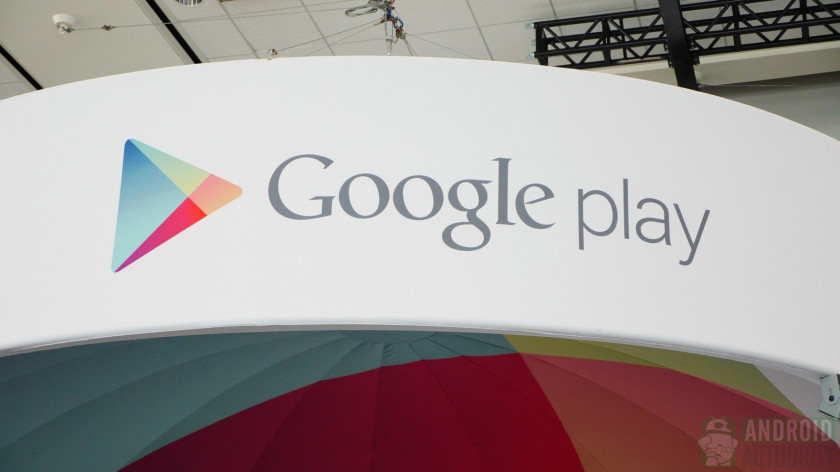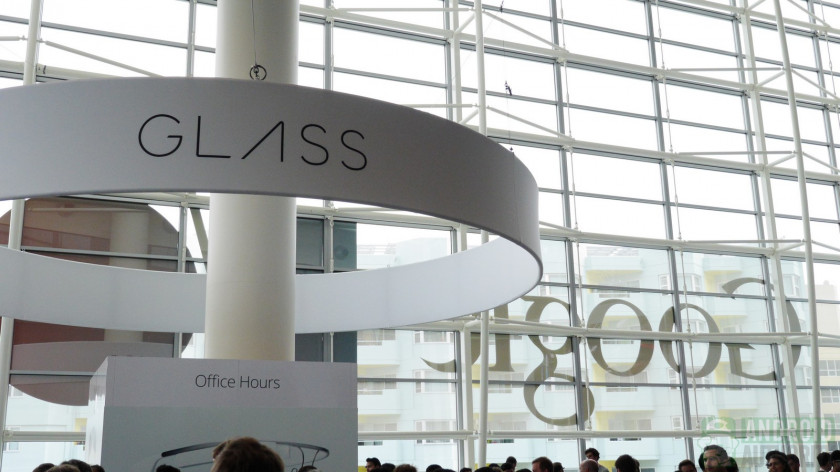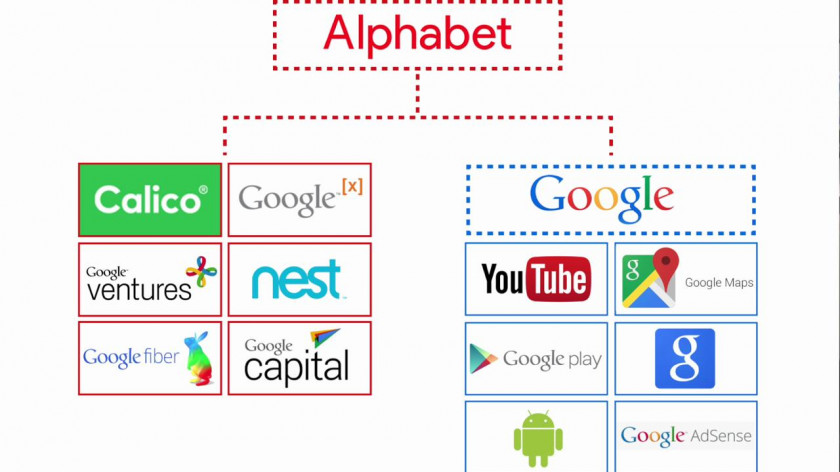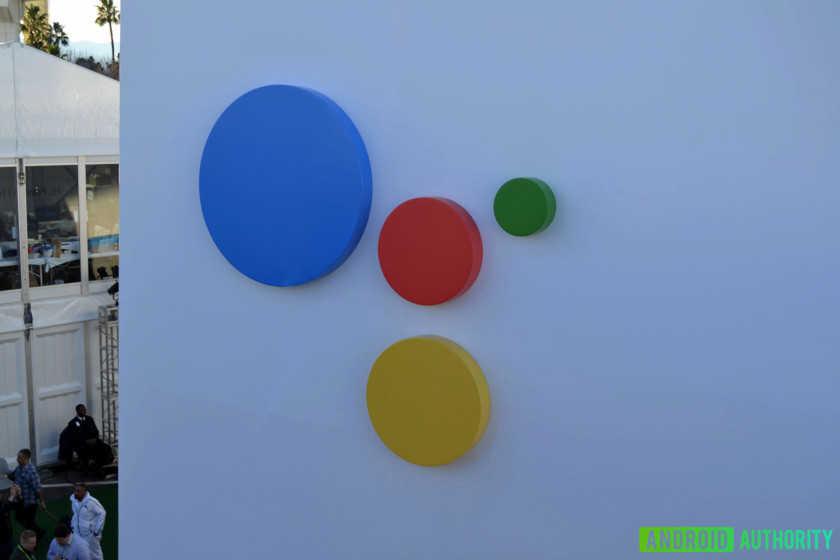Based on materials from androidauthority.com
It's hard to believe, but Google has just turned 20 years old. Despite the fact that the domain Google.com was registered on September 15, 1997, and the company was registered on September 4, 1998, Google itself calls its official birthday September 27, 1998.
Over the past 20 years, Google has grown from an independent research project of two Stanford students to one of the most successful companies in human history, bringing products to our lives that have literally changed the way we interact with each other.
So, 20 major milestones in the 20-year history of Google – happy birthday, corporation of good!
Google search
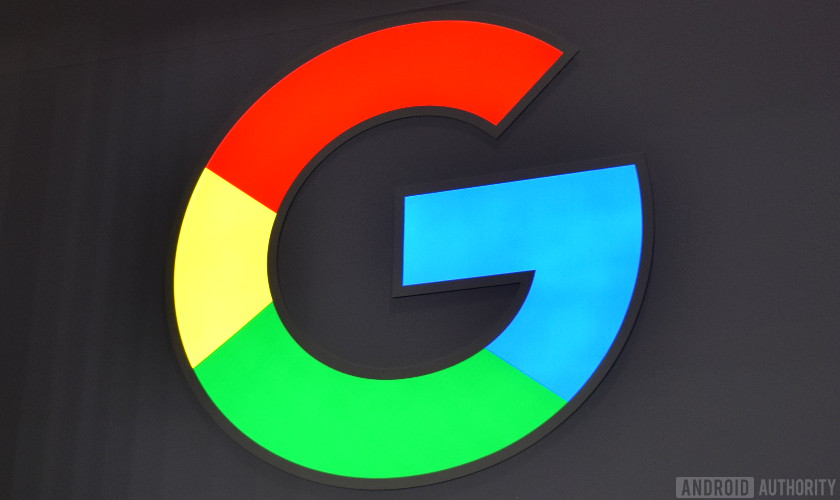
Google's main product is the search engine that started it all. Internet search engines existed before Google, but the way it sorted results made the company stand out. Unlike other search engines, which mostly focused on keywords, Google sorted the results by backlinks, that is, the number of pages associated with specific content on a web page.
The ancestor of the search engine Google without much fanfare was launched on the servers of Stanford University in 1996 under the nondescript name BackRub. Two years later, after seeing how accurate and excellent their brainchild was becoming, the creators gave it a different name – Google (from the mathematical term 'googol') – and began to look for where to get hold of funds for promotion.
First Google Doodle drawing

In 1998, Google already officially existed on the web, but still thanks to the efforts and funds of its creators Larry Page and Sergey Brin. One day in August, the two went to the Burning Man festival, during which they obviously couldn't pay attention to Google.
To alert users that Google was temporarily derelict, Page and Brin placed the Burning Man logo behind the second 'O' in Google's homepage. This is officially considered the first Google Doodle, and since then there have been thousands of them for a variety of reasons – holidays, people, achievements, and even Google itself.
Google Doodle is now the most important aspect of the Google brand. He plays a key role in getting people's attention on a daily basis.
Failed Google sale to Excite

By 1999, Google was starting to get on its feet thanks to investor benefactors. However, Page and Brin decided it would be a good idea to sell Google's algorithm and brand to the owners of an already mature search engine, as the results began to exceed their expectations.
And so Page and Brin went with an offer to one of the leaders among the then search engines Excite, valuing Google at an impressive $ 750,000 even today. Unfortunately, Excite did not see the potential of Google and blocked the deal, saying that $ 750,000 was too much . And in vain!
Google's current capitalization is about $ 825 billion.
It may sound like a funny story rather than a milestone, but it was this event that made Page and Brin ponder the fate of Google. If it hadn't happened, who knows how things would have turned out.
Google AdWords
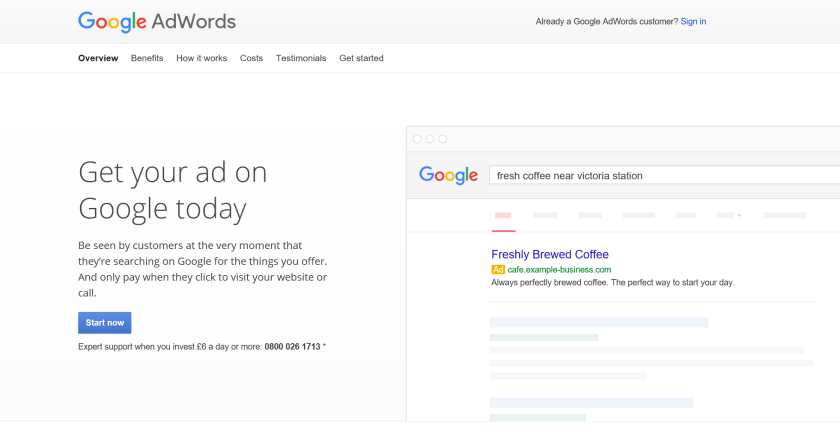
As Google became more successful, it became clear that it was time to start making real money. And so in 2000, Google launched Google AdWords, a service that offered a way to promote products and services within Google. In the beginning, advertisers paid a regular monthly fee for it.
Obviously, Google AdWords has become a powerful earning machine for Google. Nowadays, AdWords and related promotion tools account for approximately 86% of the company's earnings.
The appearance of the verb from the word Google
On October 15, 2002, another episode of the series 'Buffy the Vampire Slayer' was released. In this episode, one of the heroines, Willow, asks Buffy, 'Have you googled her yet?' ('Have you googled her yet?').
It may sound like a small thing, but this was really the first time someone had used the word Google as a verb in public on TV.
Later, the use of the name Google as a verb caused the company a number of problems, as the spelling and use of the word got out of its control. There is, for example, an article in The Washington Post that makes it clear how picky Google is about using its registered name for anything not related to its registered products.
Google Rejects Yahoo's Purchase Offer

In 2002, Google was already making about $ 240 million a year. Of course, this is a lot, especially for a search algorithm only five years old. But this was not comparable to the then Yahoo's income: the search giant earned about $ 837 million a year.
Seeing Google as a profitable investment to strengthen its own, Yahoo made a $ 3 billion offer to Page and Brin.
Page and Brin did not even consider it, saying that for less than 5 billion, they were not ready to part with their brainchild. Yahoo was not enthusiastic about the counter offer.
This was a turning point for Google. From a company that offered itself for less than a million dollars, it has turned into something for which billions of others are offering – in just three years.
Moving to Googleplex

As the money began to flow, Page and Brin needed to expand their business. The Google team grew and found themselves scattered across several offices in the San Francisco area, requiring a more centralized location.
Google rented a complex of buildings, which is jokingly called the Googleplex, which remains the company's headquarters to this day.
Gmail

A Google employee named Paul Buhheit began secretly developing a mail service codenamed Caribou. And even many famous Google engineers had no idea what he was doing.
As a result, Buchheit's development began to be used as an internal Google mail service called Gmail. In 2004 Google released a public beta of Gmail. The service remained in beta stage for over 5 years until it finally became official on July 7, 2009.
Today Gmail is the most popular email service in the world and is used by more than 1.4 billion people.
Google goes public

In August 2004, Google went public after being listed on the exchange. It started at $ 85 per share and raised $ 1.9 billion.
Today, Google shares are trading at about $ 1200 per share, and the market cap is $ 825 billion.
The goal of acquiring public status was to reassure shareholders who have the potential to seriously influence the conduct of business. Whatever Google's money machine, it still takes time to develop controversial and ambitious projects.
Google Maps launch

By 2005, Google had already conquered two major areas: Internet search and email. And the next target of the company was the paid GPS navigation market. The weapon of conquest was a small and inconspicuous thing called Google Maps.
Using Google Maps, users were able to get detailed satellite imagery, street maps, and navigation tips. Google Earth's companion service allowed people to see the whole world or scale an image to wherever they wanted. And it's all completely free.
Google Maps is one of the most popular smartphone apps, with most owners saying they have used it at least once.
To be continued…

